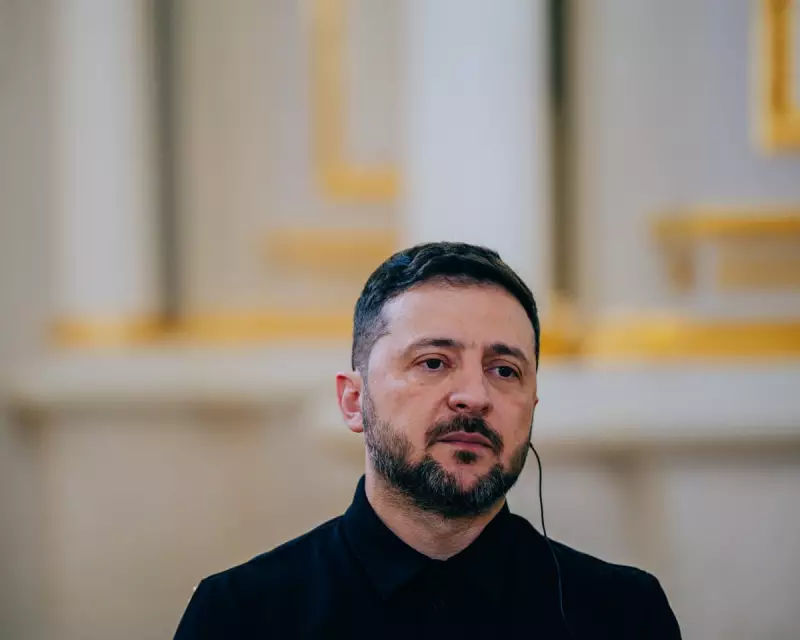
President Acts Amid Growing Public Anger Over Energy Sector Corruption
Ukrainian President Volodymyr Zelenskyy has taken decisive action to contain mounting public fury by dismissing two senior ministers implicated in a major corruption scandal rocking the nation's energy sector. The president removed justice minister Herman Halushchenko and energy minister Svitlana Grynchuk from their positions following allegations of their involvement in a large-scale bribery scheme.
In a striking move, Zelenskyy also called for personal sanctions against his friend and former business partner, Timur Mindich, who authorities identify as the alleged organiser of the corruption network. The president acknowledged the public's anger, stating: "There must be maximum integrity in the energy sector, in absolutely all processes."
The $100 Million Bribery Scheme Unveiled
The scandal emerged from a 15-month investigation conducted by Ukraine's National Anti-Corruption Bureau (Nabu), focusing on the state nuclear energy company Energoatom. According to investigators, the corruption scheme involved approximately $100 million in illicit payments.
Nabu revealed that Energoatom's counterparties were compelled to pay kickbacks of 10-15% to avoid having their payments blocked or losing their supplier status. The bureau identified seven primary suspects, with Mindich – who co-founded Zelenskyy's media production company Kvartal 95 – named as a key figure.
Mindich reportedly fled the country, possibly to Israel, just hours before investigators arrived at his Kyiv apartment to conduct searches. Although previously close to Zelenskyy, sources indicate the two have had minimal communication since Russia's full-scale invasion began.
Audio Evidence and Code Names Exposed
The investigation took a dramatic turn when Nabu released audio recordings of alleged participants discussing bribes using old-school code names. In the recordings, former energy minister Halushchenko was referred to as "Professor", while Mindich used the alias "Karlson".
Another high-profile suspect, Oleksiy Chernyshov, a former deputy prime minister already facing separate abuse of office charges, allegedly discussed a half-million dollar cash payment to be collected by his wife in one of the recordings.
Oleksandr Abakumov, head of Nabu's investigating team, emphasised the enormous scale of corruption, noting that the probe – codenamed Operation Midas – had encountered significant obstacles during its work.
Political Crisis and Public Backlash
The affair has escalated into a major political challenge for President Zelenskyy, with anti-corruption activists, opposition politicians, and army veterans demanding decisive action, even if it means sacking and prosecuting individuals personally known to him.
Sevgil Musaieva, editor of Ukrainian Truth newspaper, warned that this scandal could become a turning point in Zelenskyy's presidency. "In the short term, people need to see real accountability and action, not words," she stated on social media, adding that minor changes would no longer suffice to bridge the growing distrust.
The crisis intensified in July when Zelenskyy initially approved legislation weakening Nabu's powers, triggering the first significant protests against his government. Thousands demonstrated outside the president's office in Kyiv, waving banners and shouting "shame" and "veto the law" until Zelenskyy reversed course and restored the anti-corruption agencies' independence.
Both dismissed ministers submitted their resignations on Wednesday, with each denying any wrongdoing. Justice minister Halushchenko described his suspension as "appropriate" and vowed to defend himself after one of his former advisers was directly implicated in the scandal.
As Ukraine continues to endure power outages, Russian strikes, and battlefield losses, President Zelenskyy stressed the particular offensiveness of corruption schemes emerging during such difficult times, promising full accountability for those who break the law.





